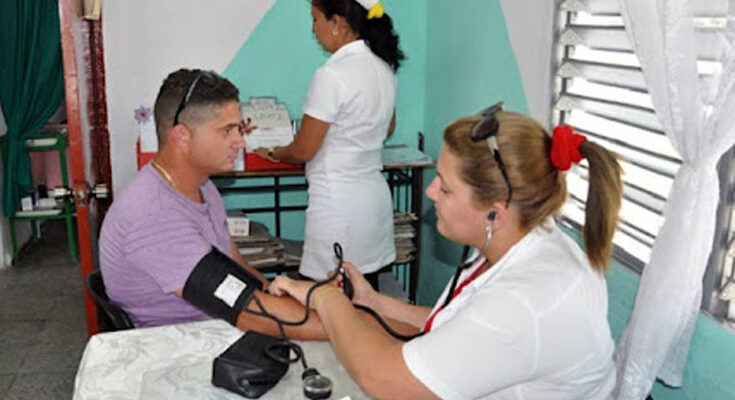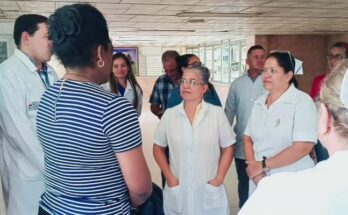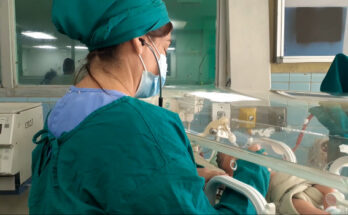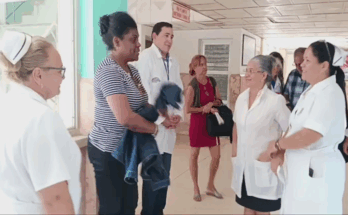The World Organization of Family Doctors celebrates every May 19 the World Day of the Family Doctor to highlight the role and contribution of these professionals and primary care teams in health systems around the world.
The family physician tries to understand the context of the disease and considers each contact with his patient as an ideal occasion to implement preventive measures and health education. He/she is an essential part of the health network in which the doctor-patient relationship is given priority.
In Cuba, the Family Doctor and Nurse Program, created in 1984 by the leader of the Revolution Fidel Castro Ruz, is a vital initiative in the National Health System, since its fundamental task is to provide comprehensive medical care to individuals, the family nucleus and the community.
In Contramaestre, a municipality in eastern Cuba, it is worth highlighting the work of these professionals. It is appropriate to emphasize the continuous work in Primary Health Care at all stages of patients’ lives, the presence of doctors and nurses in the community where they are needed and the care for people by providing accessible, equitable, sustainable and high quality care.
Despite the great economic crisis the country is going through, which is negatively impacting the material basis of health services, the Family Doctor and Nurse Practitioner Program continues to be the foundation of health care. It is a foundation of the health system to which the state allocates a significant proportion of its resources.




